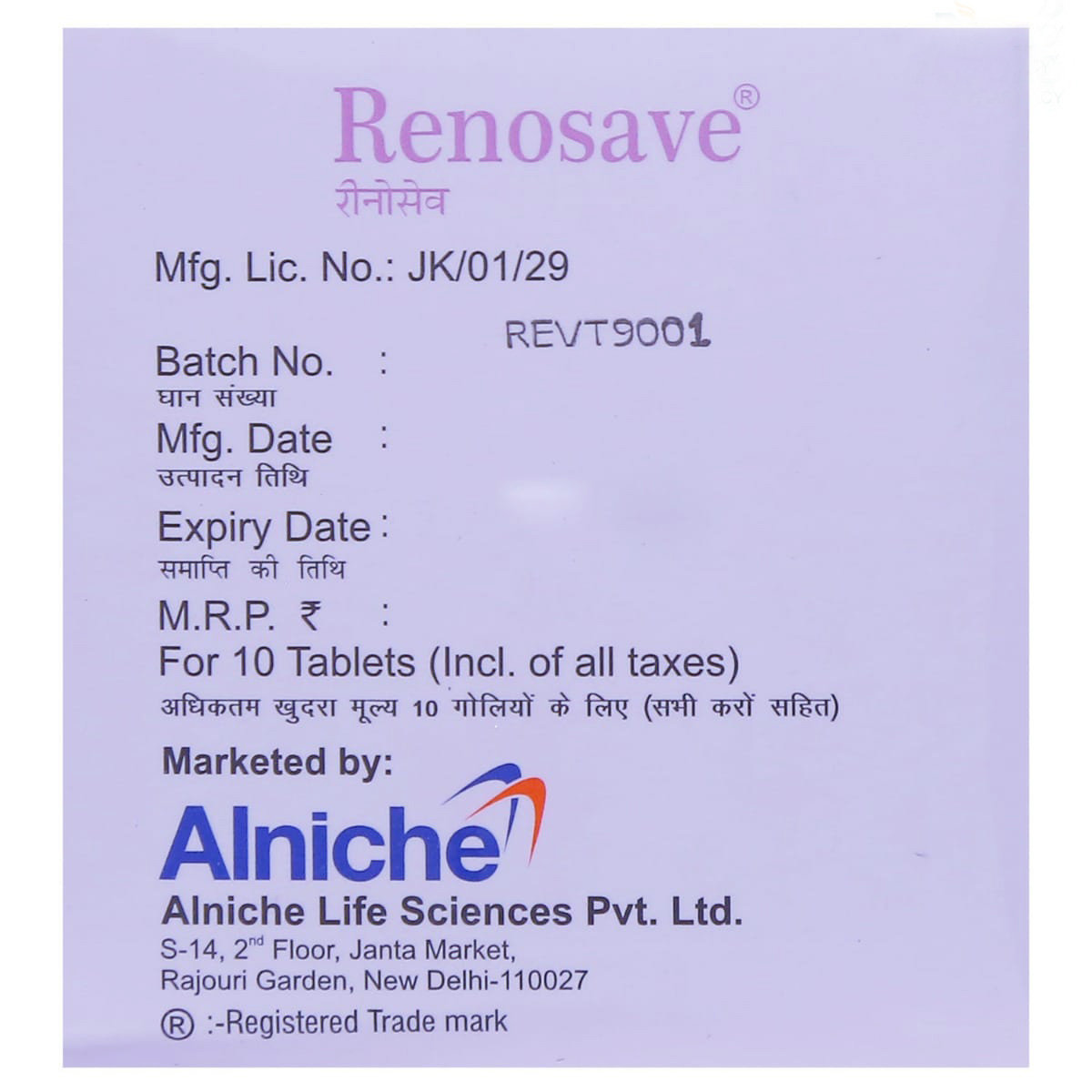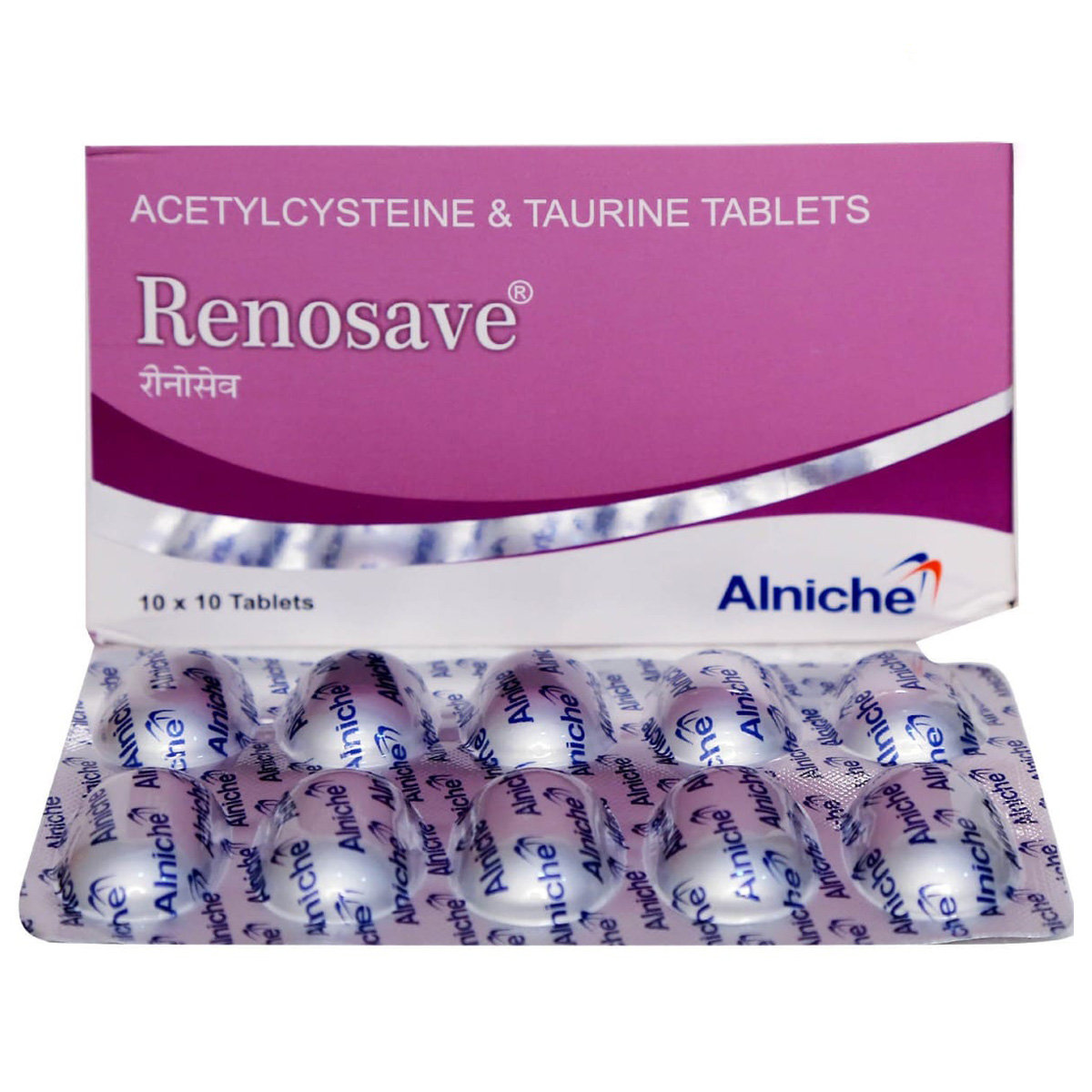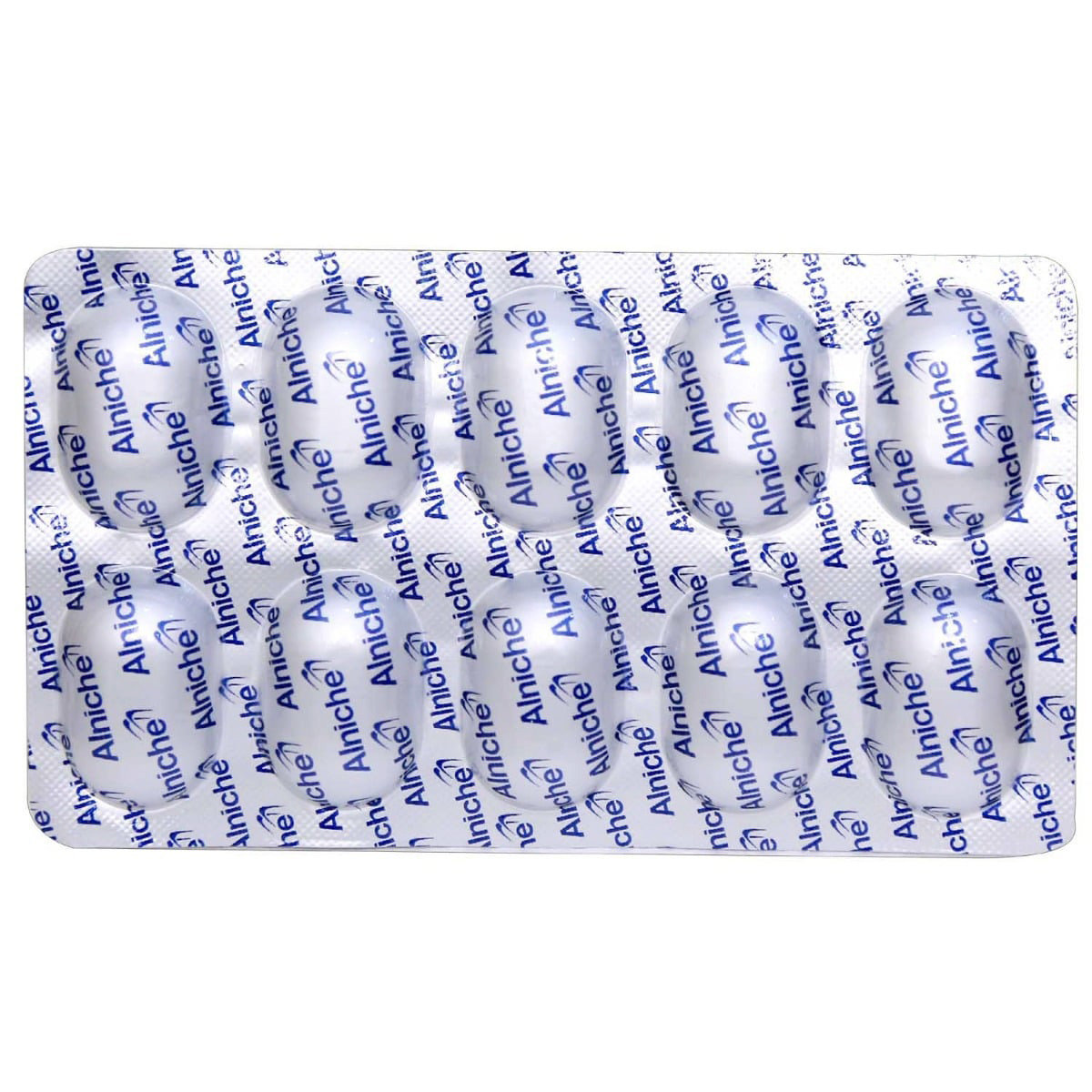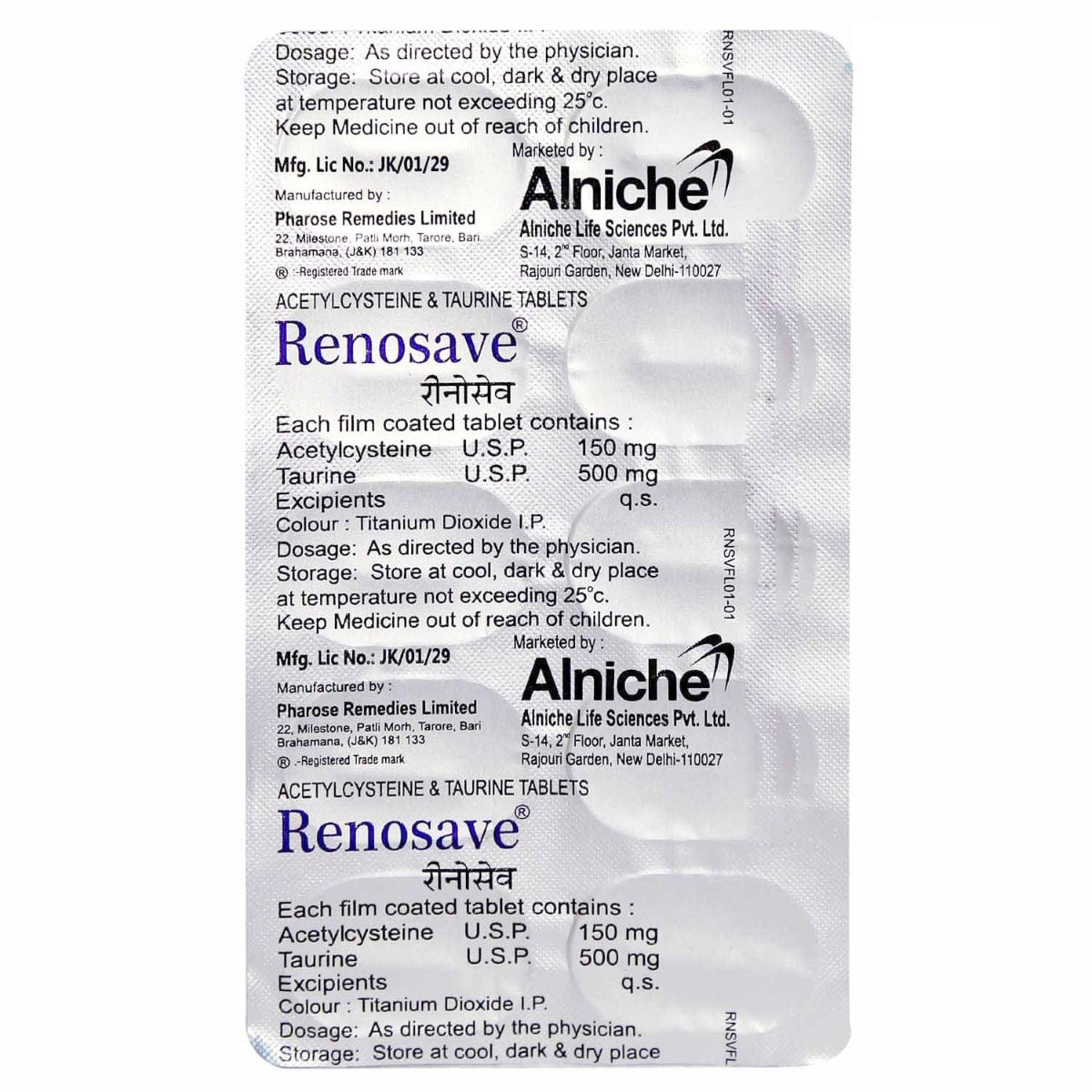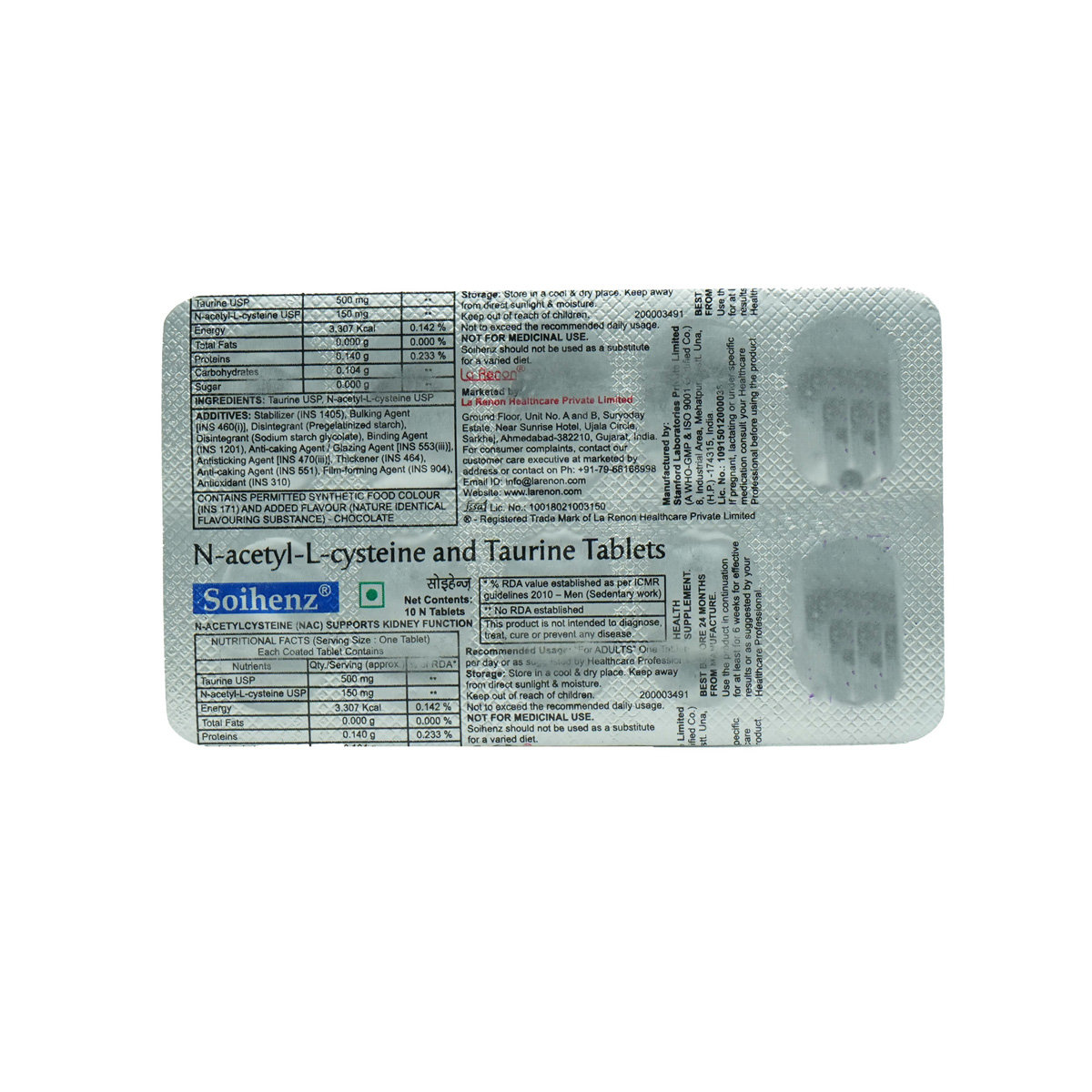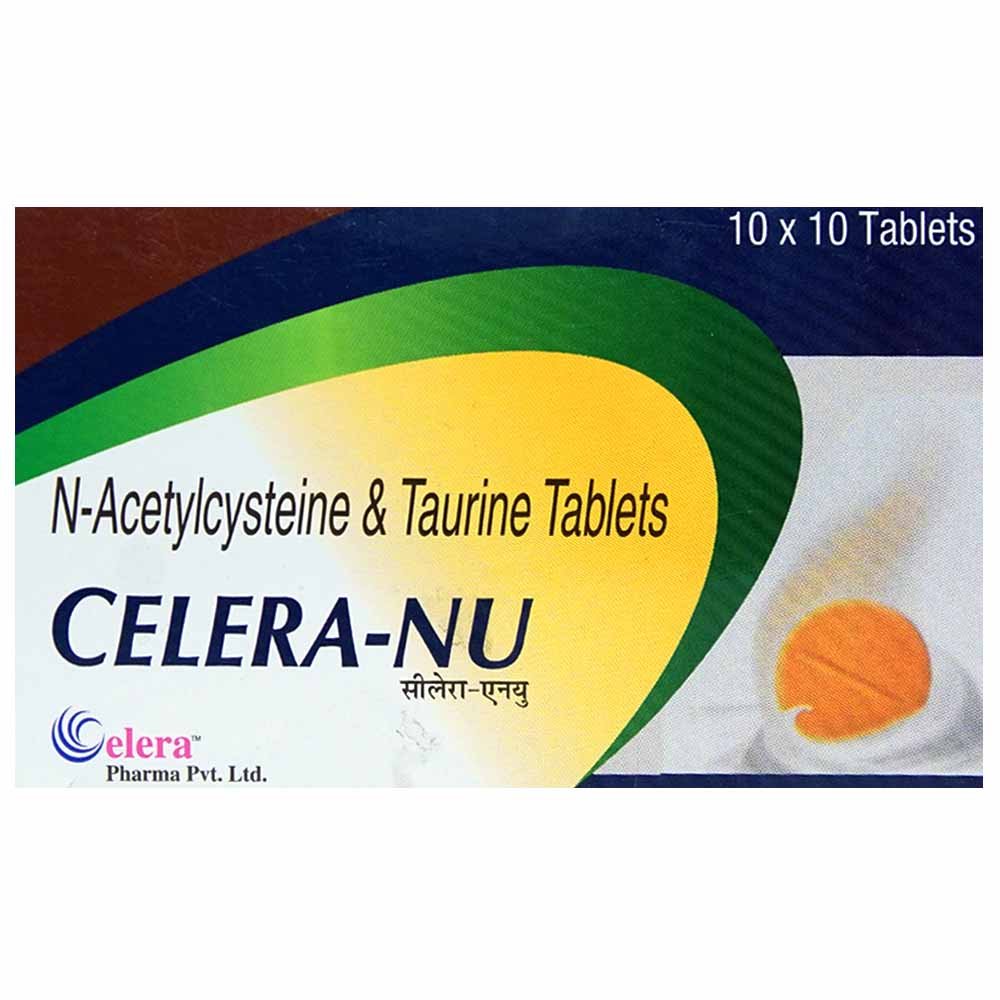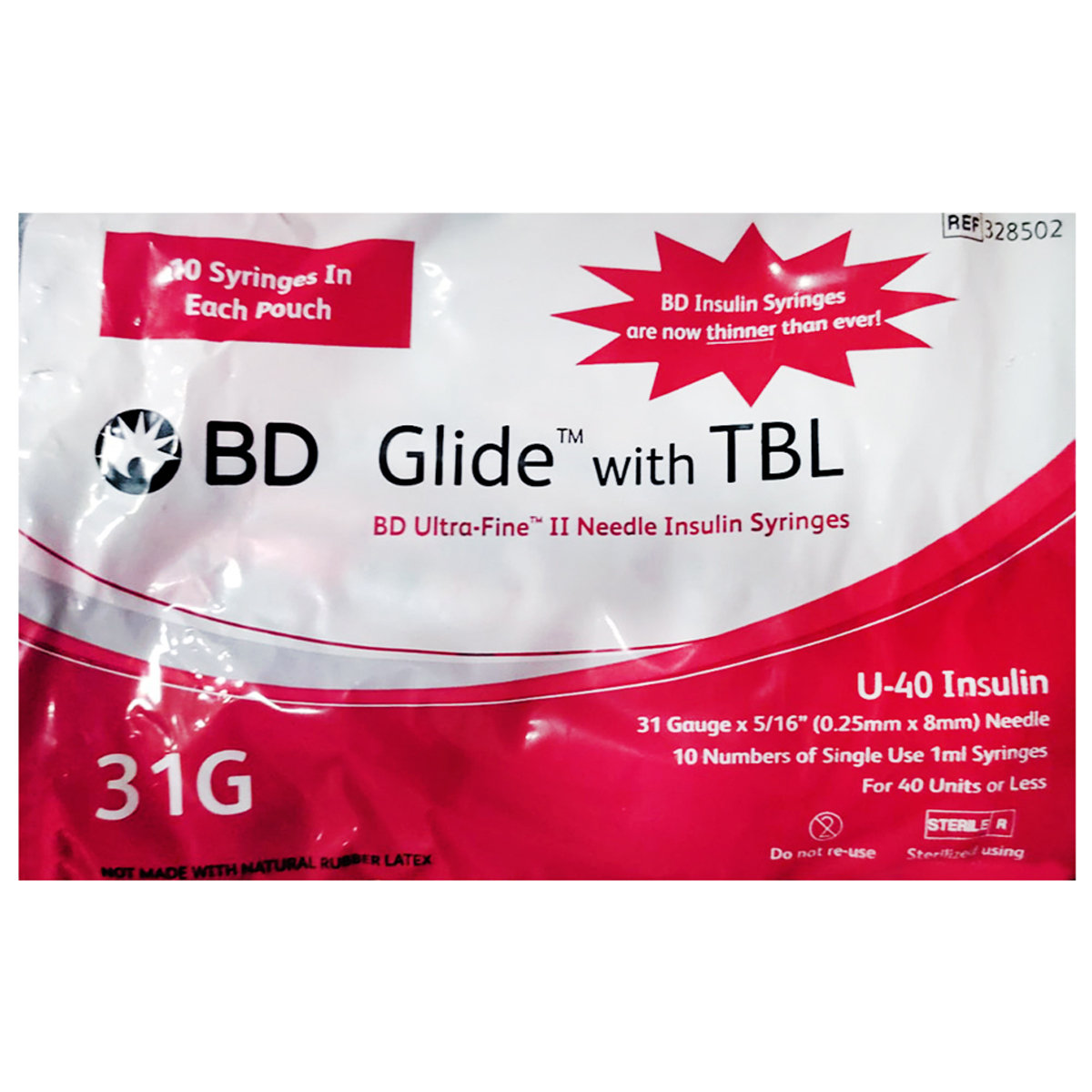Renosave Tablet 10's
Selected Pack Size:10
10 ₹139.1
(₹13.91 per unit)
In Stock
15 ₹255
(₹17.0 per unit)
In Stock
MRP ₹154.5
(Inclusive of all Taxes)
₹23.2 Cashback (15%)
Provide Delivery Location

secured payment

india's most trusted pharmacy

genuine products
Composition :
Manufacturer/Marketer :
Consume Type :
Expires on or after :
Return Policy :
About Renosave Tablet
Renosave Tablet belongs to the group of medications called ‘anti-diabetic’ used in the treatment of diabetic nephropathy (diabetic kidney disease). Diabetic nephropathy is kidney damage resulting from diabetes. It is a major cause of kidney failure. The kidney damage can be slowed down by controlling the blood glucose levels in patients with diabetes.
Renosave Tablet is a combination of two medicines: Taurine and Acetylcysteine. Taurine is an amino acid that has antioxidant properties. It can reduce further tissue damage in the kidneys. It can also reduce blood glucose levels. These effects help to control disease progression in diabetic kidney disease. Acetylcysteine is also an antioxidant and can reduce the production of free radicals that cause tissue damage. It also has anti-inflammatory properties. Altogether Renosave Tablet works by protecting the kidneys from damage by harmful chemicals (free radicals).
It would be best if you took Renosave Tablet as prescribed by your doctor. The common side-effects of Renosave Tablet are nausea (feeling sick), vomiting (being sick), and rash. These side-effects are mild and temporary. However, consult your doctor immediately if any of these side-effects persist or get worsen.
Do not take Renosave Tablet if you are allergic to Taurine, Acetylcysteine, or any other contents present in it. It is not recommended for children under 14 years of age. Before taking Renosave Tablet , inform your doctor if you have asthma, stomach ulcers, liver, or kidney diseases, and allergic to histamine (in people who are intolerant to foods and drinks containing histamines such as tomatoes, processed foods, or wine). Also, inform your doctor if you are pregnant or breastfeeding.
Uses of Renosave Tablet

Have a query?
Directions for Use
Key Benefits
Renosave Tablet is a combination of two medicines: Taurine and Acetylcysteine. Taurine is an amino acid that has antioxidant properties. It is present in large amounts in the brain, eye, heart, and blood. However, it is supplemented by people who cannot make it. It is used to reduce further tissue damage and control blood glucose levels in diabetic kidney disease patients. Acetylcysteine is also an antioxidant and can reduce the production of free radicals that cause tissue damage. It also has anti-inflammatory properties. Together, Renosave Tablet can effectively treat and slow down the progression of diabetic nephropathy.
Storage
Drug Warnings
Renosave Tablet should be used with caution in patients with decreased lung function (asthma or chronic obstructive pulmonary disease), and stomach ulcers. Renosave Tablet increases the risk of Steven-Johnson syndrome and Lyell syndrome, characterized by severe skin rashes. So, stop taking this medication and consult your doctor immediately if you notice skin rashes, ulcers in the mouth, throat, nose, or genitals, or conjunctivitis (pink eye), followed by flu-like symptoms such as fever, headache, and body ache.
Drug-Drug Interactions
Drug-Drug Interactions
Login/Sign Up
Drug-Food Interactions
Drug-Food Interactions
Login/Sign Up
Diet & Lifestyle Advise
- Eat at regular intervals. Do not take the long gap between a meal or snack.
- Monitor your blood sugar level and blood pressure regularly, especially when there are a lot of fluctuations.
- Lose weight gradually to achieve a healthy body mass index (18.5 to 24.9).
- Replace refined carbohydrates containing whole-grain foods and increase intake of fruits and veggies and other fibre-enriched foods.
- Reduce intake of saturated fat (or hidden fats) in food like chips, crisps, pastries, biscuits, and samosas. Choose omega 3 fatty acid-containing oils for daily cooking. You may use palm oil, mustard oil, groundnut oil, rice bran oil, and safflower oil for frying.
- Do not take stress as it may elevate your blood sugar level. You may adopt stress management techniques like mindfulness, yoga, or meditation to control stress-related blood sugar changes.
- Opt for low-fat dairy products (low-fat yoghurt, fat-free milk, and cheese, etc.).
Habit Forming
Therapeutic Class
All Substitutes & Brand Comparisons
RX
Kindsave Tablet 10's
Biokindle Lifesciences Pvt Ltd
₹129
(₹11.61 per unit)
16% CHEAPERRX
Soihenz Tablet 10's
La Renon Healthcare Pvt Ltd
₹137
(₹12.33 per unit)
11% CHEAPERRX
Celera-NU Tablet 10's
Celera Healthcare Pvt Ltd
₹138.5
(₹12.47 per unit)
10% CHEAPER
Alcohol
Safe if prescribed
Consumption of alcohol may worsen your health condition.
Pregnancy
Consult your doctor
Renosave Tablet is a category B medicine. It should be used with caution in pregnant women. Please consult your doctor. Your doctor will weigh the benefits and any potential risks before prescribing it to you.
Breast Feeding
Consult your doctor
The safe use of Renosave Tablet in breastfeeding mothers has not yet been established. So, it should be used in breastfeeding women only when prescribed by a doctor.
Driving
Safe if prescribed
Renosave Tablet may not affect your ability to drive.
Liver
Consult your doctor
Renosave Tablet to be taken with caution, especially if you have a history of liver diseases/conditions. The dose may have to be adjusted by your doctor.
Kidney
Consult your doctor
Renosave Tablet to be taken with caution, especially if you have a history of Kidney diseases/conditions. The dose may have to be adjusted by your doctor.
Children
Safe if prescribed
Renosave Tablet is not recommended for use in children.
FAQs
Renosave Tablet is a combination of two medicines: Taurine and Acetylcysteine. They both act as antioxidants that can reduce cell death and delay kidney damage progression in patients with diabetic nephropathy.
Renosave Tablet may cause severe skin reactions rarely, though everybody taking this medicine may not experience skin reactions. However, if you notice a skin rash, including lesions of nose, throat, mouth, genitals, or eyes, stop taking Renosave Tablet and consult a doctor immediately.
It is not recommended to take Renosave Tablet with antibiotics such as tetracycline, amoxicillin, amikacin, streptomycin, and gentamicin simultaneously as it may reduce the effectiveness of antibiotics. Please consult a doctor before using Renosave Tablet with antibiotics or any other medicines.
Renosave Tablet should be used with caution in patients with asthma as this medicine may cause wheezing and trouble breathing. So, inform your doctor that you have asthma before taking Renosave Tablet .
Diabetic kidney disease can be prevented by controlling blood glucose levels. So, follow your doctor's advice regarding diet and medicines to achieve optimal glucose levels.
Country of origin
Manufacturer/Marketer address
Disclaimer
Recommended for a 30-day course: 3 Strips


